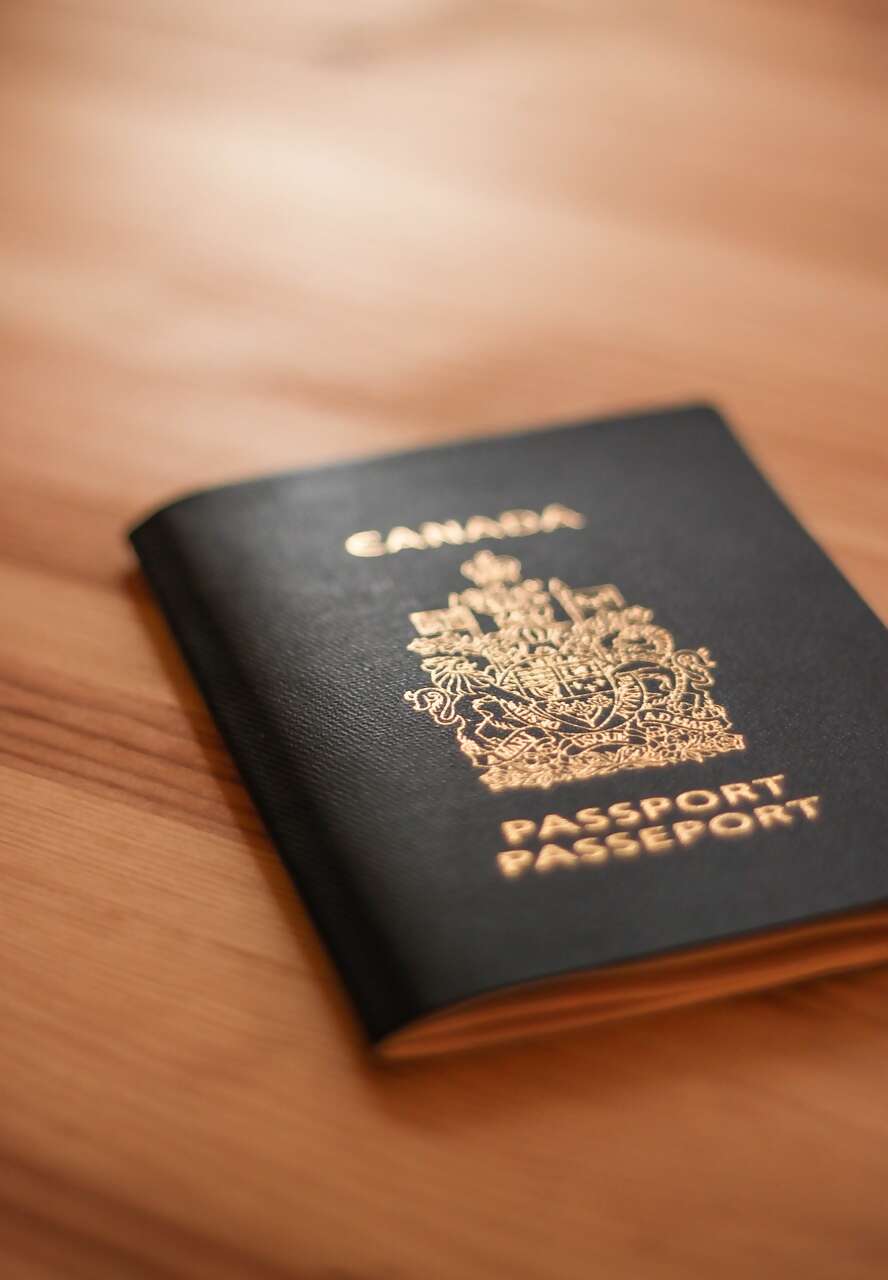Traveling to Japan is an exciting adventure, but it's crucial to understand the visa and entry requirements to ensure a smooth journey. As a traveler from most countries, you will need a visa to enter Japan, unless there is a visa exemption agreement in place like for Canadian and USA passport holders. The type of visa you require depends on the purpose and duration of your stay. For tourism or business purposes, many nationalities are eligible for a temporary visitor visa, which typically allows for a stay of up to 90 days. Other visas are available for longer stays or specific activities like work or study.
To apply for a visa, you'll need to contact the nearest Japanese embassy or consulate in your home country. The general requirements for a tourist visa include a valid passport with at least six months remaining before expiration, a completed visa application form, a recent passport-style photo, and proof of return travel and sufficient funds for your stay. Additional documentation may be required depending on the purpose of your visit.
Visa Extension Procedures
If you find yourself needing more time in Japan, you may apply for a visa extension at the nearest Immigration Bureau office before your current visa expires. The process involves submitting an application form, your passport, and documentation that explains the reason for the extension. Note that tourist visas are usually non-extendable, and exceptions are made only in special circumstances, such as natural disasters or health issues preventing travel.
Prohibited Items
When entering Japan, you must be aware of the items that are prohibited or restricted. Prohibited items include:
Violating these regulations can lead to severe penalties, including imprisonment or deportation.
Currency Restrictions
For currency, if you are carrying cash or other monetary instruments equivalent to more than 1 million Japanese yen (or its equivalent in other currencies), you must declare it to customs upon arrival or departure. This includes checks, traveler's checks, and gold exceeding the specified value.
Requirements for Minors
If you're traveling with minors or if a minor is traveling alone, Japan has certain requirements to ensure their safety:
These requirements can help prevent delays or complications during immigration checks.
Additional Tips for Travelers
In summary, preparing for your trip to Japan involves understanding the visa requirements based on your nationality and purpose of visit; being aware of visa extension procedures; knowing prohibited items, currency restrictions; and adhering to requirements for traveling with minors. By ensuring all these aspects are taken care of well in advance of your trip, you can look forward to an enjoyable and hassle-free experience exploring the rich culture and beautiful landscapes of Japan.
As always, we at Travel with Terrin are here to guide you through this process and ensure that all your documentation is in order for a seamless travel experience to Japan. Safe travels!
- Narcotics and related utensils
- Firearms and blades that violate Japanese law
- Counterfeit goods and currency
- Pornographic materials
- Explosives and other hazardous materials
- Minors should have a valid passport and visa (if required).
- Unaccompanied minors should carry a consent letter signed by both parents or legal guardians.
- In cases where a minor is traveling with one parent, it's advisable to have a consent letter from the non-traveling parent to prevent any issues related to child abduction laws.
- Health Insurance: Japan does not have reciprocal health agreements with many countries, so it's highly recommended that travelers acquire comprehensive health insurance before their trip.
- Customs Regulations: Familiarize yourself with Japan's customs regulations regarding items like prescription medications and tobacco. Certain medications that are legal in your country may be prohibited in Japan.
- Local Laws: Respect local laws and customs during your stay. For example, smoking in public places is restricted in many cities, and there are severe penalties for driving under the influence of alcohol.





